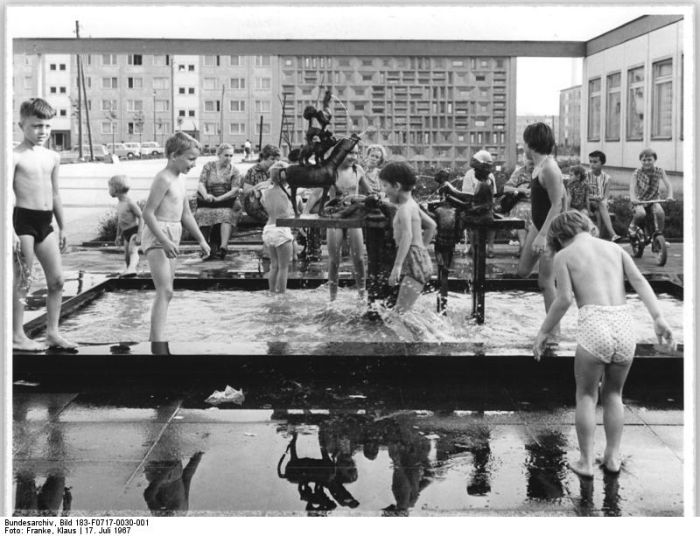|
|
History: Old Germany
|
The chancellor, currently Angela Merkel, is the head of government and exercises executive power, similar to the role of a Prime Minister in other parliamentary democracies. Federal legislative power is vested in the parliament consisting of the Bundestag (Federal Diet) and Bundesrat (Federal Council), which together form the legislative body. The Bundestag is elected through direct elections, by proportional representation (mixed-member). The members of the Bundesrat represent the governments of the sixteen federated states and are members of the state cabinets.
Since 1949, the party system has been dominated by the Christian Democratic Union and the Social Democratic Party of Germany with all chancellors hitherto being member of either party. However, the smaller liberal Free Democratic Party (which has had members in the Bundestag since 1949) and the Alliance '90/The Greens (which has controlled seats in parliament since 1983) have also played important roles.
Germany has a civil law system based on Roman law with some references to Germanic law. The Bundesverfassungsgericht (Federal Constitutional Court) is the German Supreme Court responsible for constitutional matters, with power of judicial review. Germany's supreme court system, called Oberste Gerichtshöfe des Bundes, is specialised: for civil and criminal cases, the highest court of appeal is the inquisitorial Federal Court of Justice, and for other affairs the courts are the Federal Labour Court, the Federal Social Court, the Federal Finance Court and the Federal Administrative Court. The Völkerstrafgesetzbuch regulates the consequences of crimes against humanity, genocide and war crimes, and gives German courts universal jurisdiction in some circumstances. Criminal and private laws are codified on the national level in the Strafgesetzbuch and the Bürgerliches Gesetzbuch respectively. The German penal system is aimed towards rehabilitation of the criminal and the protection of the general public. Except for petty crimes, which are tried before a single professional judge, and serious political crimes, all charges are tried before mixed tribunals on which lay judges (Schöffen) sit side by side with professional judges.
|
|









